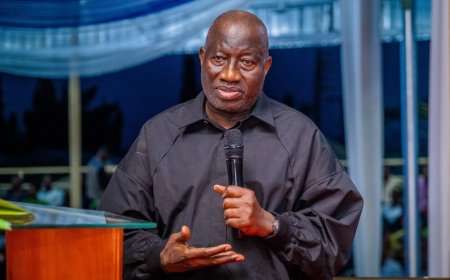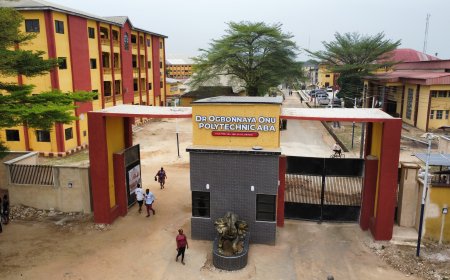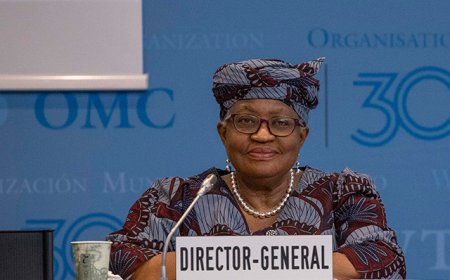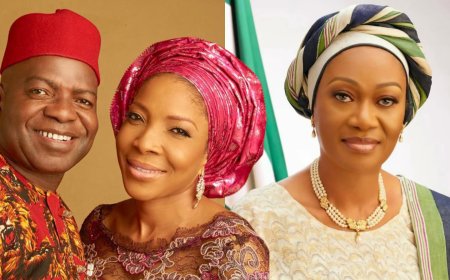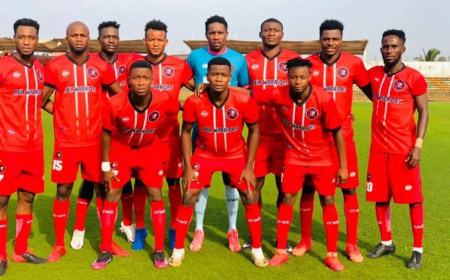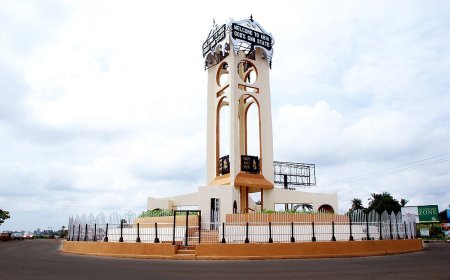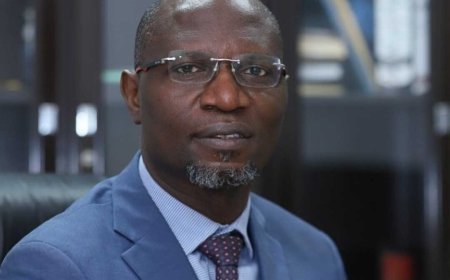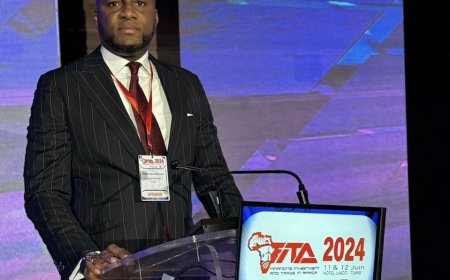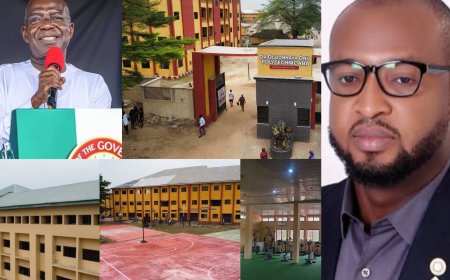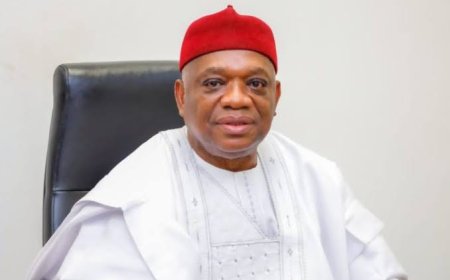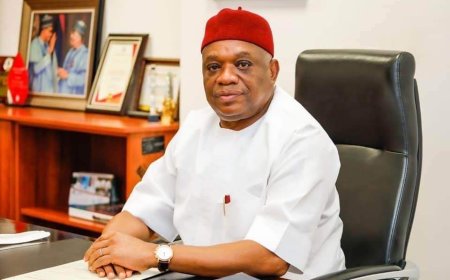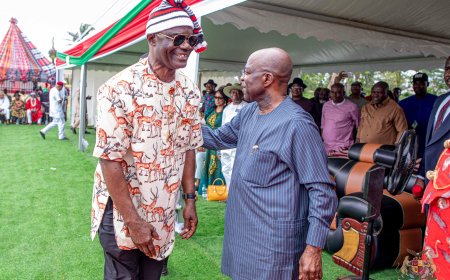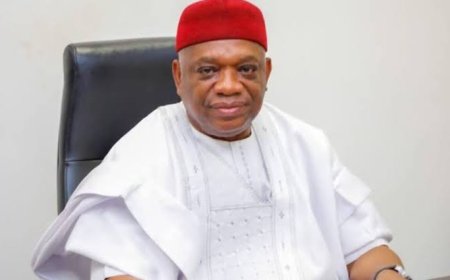Deputy Speaker Benjamin Kalu Withdraws Indigeneship Bill Amid Stakeholder Concerns and Calls for Wider Engagement
Deputy Speaker Benjamin Kalu has withdrawn the controversial indigeneship bill after receiving feedback from stakeholders and a legal review by NILDS. He promises more dialogue and public engagement before future constitutional reforms.

Deputy Speaker of the House of Representatives, Rt. Hon. Benjamin Okezie Kalu, CFR, has officially withdrawn the proposed indigeneship bill from the floor of the National Assembly, citing the need for deeper legislative consultation and public engagement.
The bill, which had generated significant interest and debate, aimed to address questions of citizenship rights, particularly as they pertain to settlers enjoying equal rights with indigenes in various parts of the country. However, the Deputy Speaker said that feedback from stakeholders, as well as a detailed analysis by the National Institute for Legislative and Democratic Studies (NILDS), led to the decision to step the bill down.
In a public statement released Tuesday night, Kalu acknowledged the volume of feedback received and stressed the importance of allowing time for further legislative refinement.
“The withdrawal has become necessary in the light of the concerns and constructive feedback received from various stakeholders regarding the bill,” Kalu said.
The NILDS analysis raised key legal and constitutional red flags, particularly highlighting the potential for “double or multiple indigenship” if the bill passed in its current form.
“States should make laws that would allow settlers to benefit same rights and privileges enjoyed by indigenes without any form of discrimination, as rightly provided for in the constitution,” the NILDS report noted.
Kalu, who also chairs the House Constitution Review Committee, emphasized that the review process must remain transparent and participatory.
“As leaders and Representatives, we remain committed to ensuring that every legislative proposal reflects the aspirations of the people we serve,” he said.
“No provision or proposal will be pursued without adequate dialogue and consensus-building.”
He called on Nigerians to remain actively involved in constitutional review deliberations, reassuring that the House remains open to public input.
“The Constitution Review process remains an open, inclusive, and participatory exercise. I therefore call on citizens to continue engaging constructively with the House Committee on Constitutional Review as we work together to build a more just, united, and prosperous Nigeria,” Kalu added.
The move has been met with a mix of relief and appreciation from civic groups and political observers who argued that while the intention behind the bill was noble, its implementation framework required broader input and legal safeguards.
For now, the bill is off the table—but not off the radar. Further engagements are expected to shape future proposals that address integration, equality, and coexistence within the framework of Nigeria’s complex social fabric.





